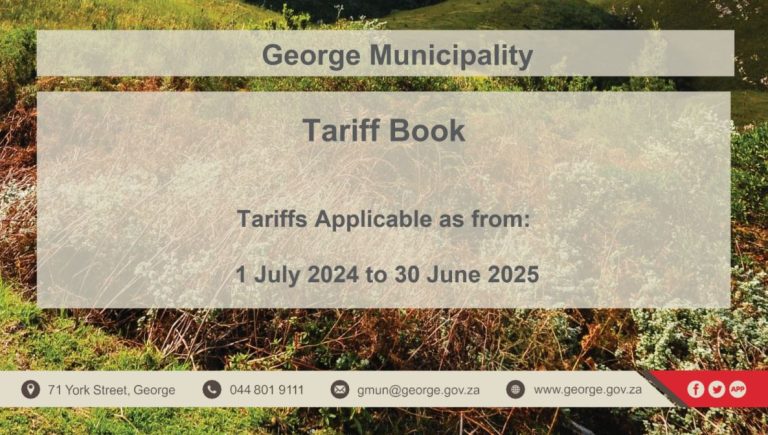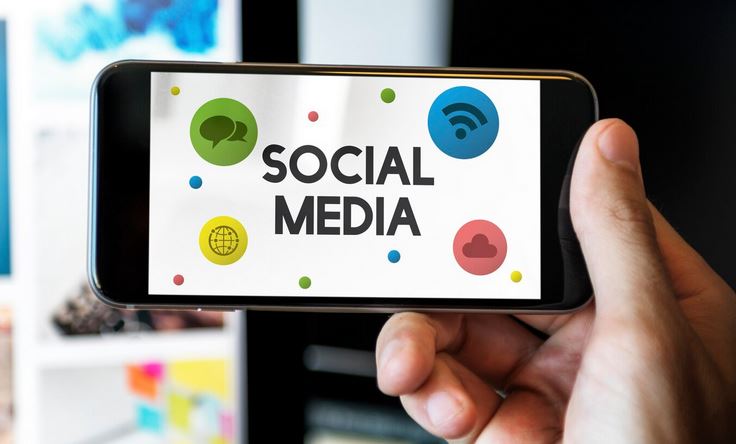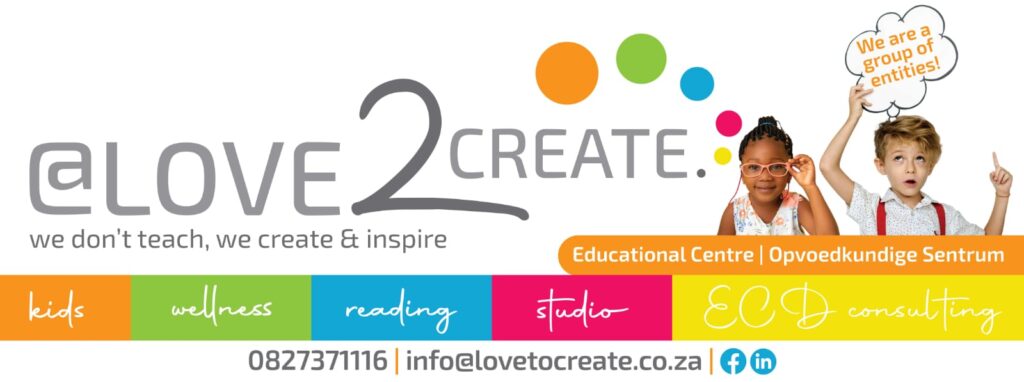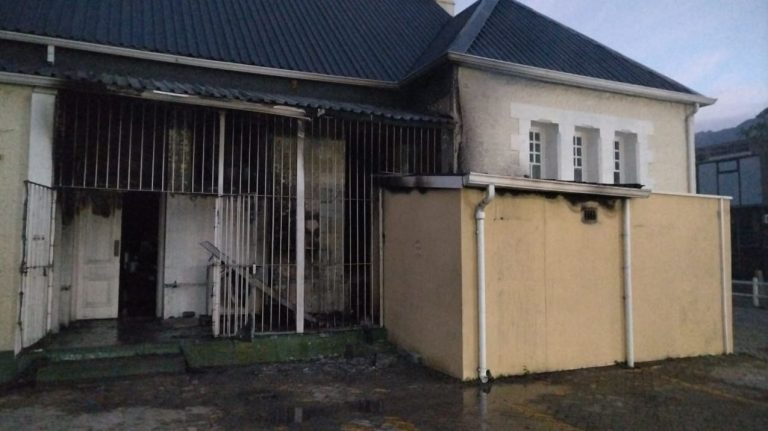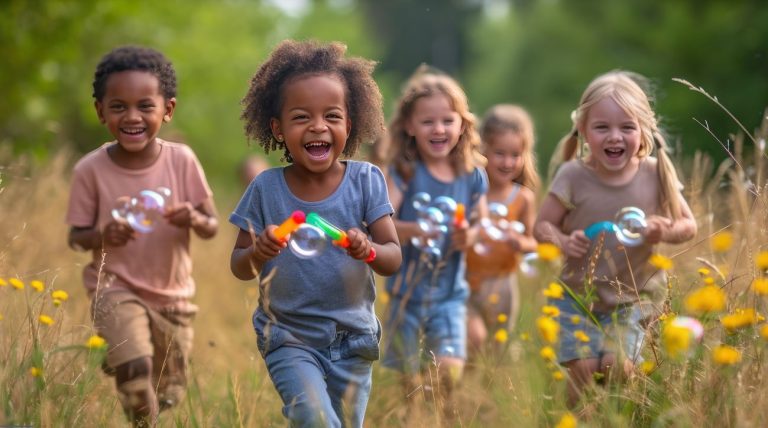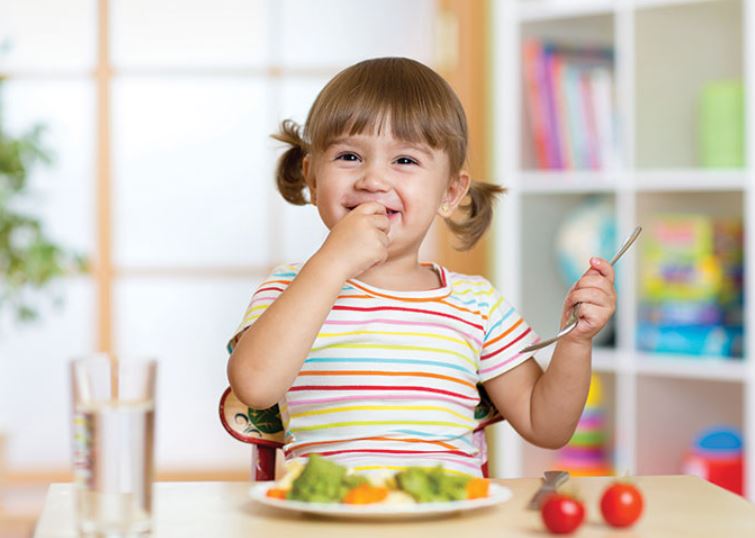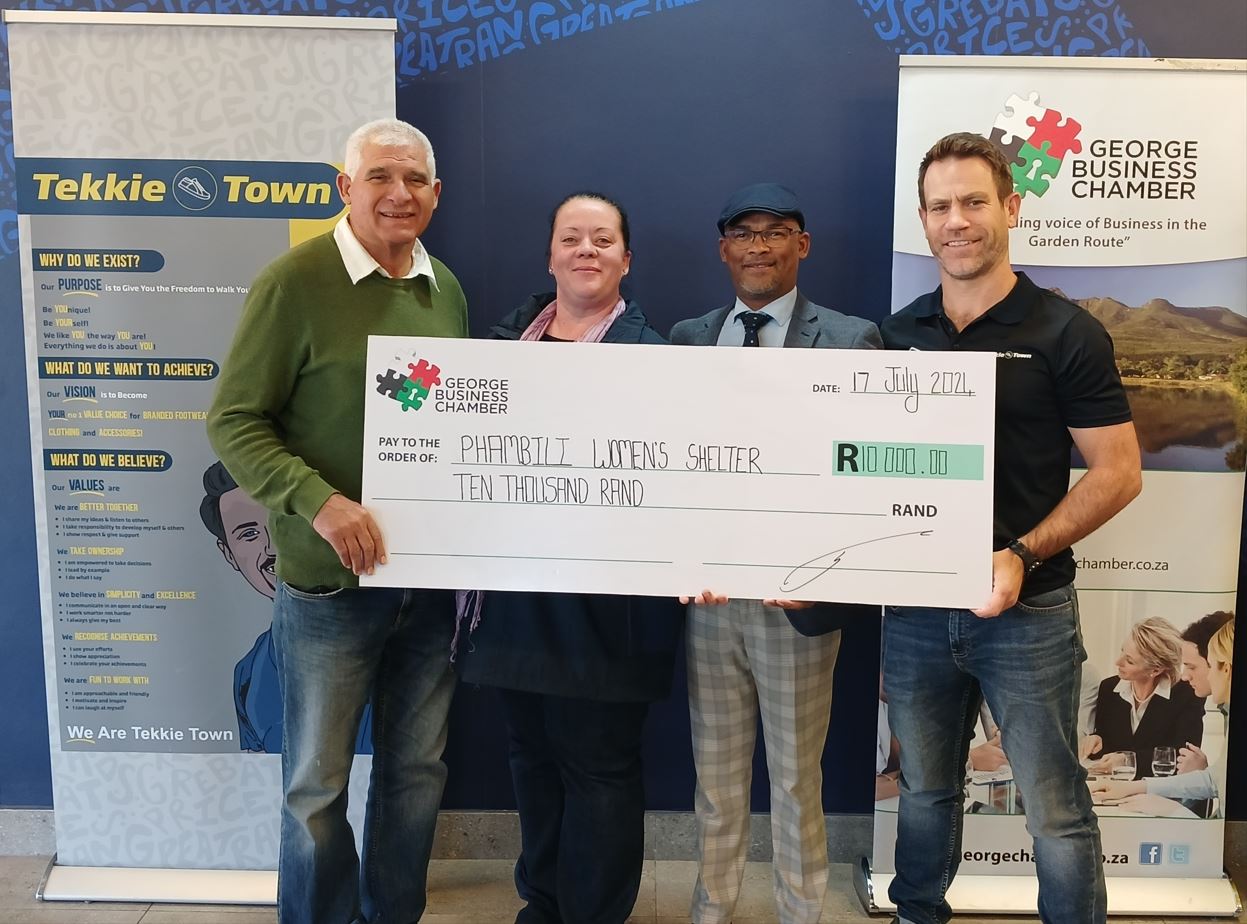 Looking AheadAs we reflect on the achievements of this year’s Charity Golf Day, we are filled with gratitude and optimism for the future. We eagerly anticipate the 2025 Charity Golf Day, once again sponsored by Tekkie Town, where we will have another opportunity to come together, tee off for a purpose, and continue to create positive change in the lives of those who need it most.Thank YouTo each and every one of you who played a part in this meaningful event, thank you. Your participation, generosity, and support are integral to our success, and we are deeply appreciative of your ongoing commitment to our community. Together, we have shown that when we unite for a common cause, incredible things can happen.Facebook: GeorgeBusinessChamber
Looking AheadAs we reflect on the achievements of this year’s Charity Golf Day, we are filled with gratitude and optimism for the future. We eagerly anticipate the 2025 Charity Golf Day, once again sponsored by Tekkie Town, where we will have another opportunity to come together, tee off for a purpose, and continue to create positive change in the lives of those who need it most.Thank YouTo each and every one of you who played a part in this meaningful event, thank you. Your participation, generosity, and support are integral to our success, and we are deeply appreciative of your ongoing commitment to our community. Together, we have shown that when we unite for a common cause, incredible things can happen.Facebook: GeorgeBusinessChamber2024 George Business Chamber Charity Golf Day: A Testament to Community Generosity
The 2024 George Business Chamber Charity Golf Day, proudly sponsored by Tekkie Town, stands as a testament to the power of community and collective generosity. We extend our deepest gratitude to all participants, sponsors, and supporters whose unwavering commitment made this event a resounding success. Your contributions have made a significant and lasting impact on our community, leaving a ripple effect of positivity and hope.Impact of Your SupportThanks to your generous contributions, both SANCA and the Phambile Women’s Shelter have received a substantial boost. Each organization was awarded R10,000 towards their respective causes. This financial support will go a long way in furthering their missions and assisting those in our community who rely on their services. Your compassion and dedication to making a difference are truly commendable, and your efforts have not gone unnoticed. Looking AheadAs we reflect on the achievements of this year’s Charity Golf Day, we are filled with gratitude and optimism for the future. We eagerly anticipate the 2025 Charity Golf Day, once again sponsored by Tekkie Town, where we will have another opportunity to come together, tee off for a purpose, and continue to create positive change in the lives of those who need it most.Thank YouTo each and every one of you who played a part in this meaningful event, thank you. Your participation, generosity, and support are integral to our success, and we are deeply appreciative of your ongoing commitment to our community. Together, we have shown that when we unite for a common cause, incredible things can happen.Facebook: GeorgeBusinessChamber
Looking AheadAs we reflect on the achievements of this year’s Charity Golf Day, we are filled with gratitude and optimism for the future. We eagerly anticipate the 2025 Charity Golf Day, once again sponsored by Tekkie Town, where we will have another opportunity to come together, tee off for a purpose, and continue to create positive change in the lives of those who need it most.Thank YouTo each and every one of you who played a part in this meaningful event, thank you. Your participation, generosity, and support are integral to our success, and we are deeply appreciative of your ongoing commitment to our community. Together, we have shown that when we unite for a common cause, incredible things can happen.Facebook: GeorgeBusinessChamber
 Looking AheadAs we reflect on the achievements of this year’s Charity Golf Day, we are filled with gratitude and optimism for the future. We eagerly anticipate the 2025 Charity Golf Day, once again sponsored by Tekkie Town, where we will have another opportunity to come together, tee off for a purpose, and continue to create positive change in the lives of those who need it most.Thank YouTo each and every one of you who played a part in this meaningful event, thank you. Your participation, generosity, and support are integral to our success, and we are deeply appreciative of your ongoing commitment to our community. Together, we have shown that when we unite for a common cause, incredible things can happen.Facebook: GeorgeBusinessChamber
Looking AheadAs we reflect on the achievements of this year’s Charity Golf Day, we are filled with gratitude and optimism for the future. We eagerly anticipate the 2025 Charity Golf Day, once again sponsored by Tekkie Town, where we will have another opportunity to come together, tee off for a purpose, and continue to create positive change in the lives of those who need it most.Thank YouTo each and every one of you who played a part in this meaningful event, thank you. Your participation, generosity, and support are integral to our success, and we are deeply appreciative of your ongoing commitment to our community. Together, we have shown that when we unite for a common cause, incredible things can happen.Facebook: GeorgeBusinessChamberGeorge: Final Tariffs 2024
Final Tariffs 2024 – 2025 RdP – 15May2024Link to all tariffs, fee s and fines of the 2024/2025 yearhttps://www.george.gov.za/finance-cat/fees-and-fines/
Fundamental elements of reading for beginners
Learning to READ is a transformative skill that opens up a world of knowledge, imagination, and communication. For beginners, whether they are young children or adults learning a new language, certain fundamental elements are crucial for developing strong reading abilities. These elements include phonemic awareness, phonics, vocabulary, fluency, and comprehension. Each of these components plays a vital role in the reading process, and together, they form the foundation of proficient reading.
1. PHONEMIC AWARENESS
Phonemic awareness is the ability to hear, identify, and manipulate individual sounds (phonemes) in spoken words. It is a critical pre-reading skill that helps learners understand that words are made up of smaller sound units. Activities that enhance phonemic awareness include rhyming games, segmenting words into individual sounds, and blending sounds to form words. For example, recognizing that the word “cat” is composed of the sounds /k/, /æ/, and /t/ is an exercise in phonemic awareness. This skill is essential because it lays the groundwork for phonics instruction.
2. PHONICS
Phonics involves the relationship between sounds and their corresponding letters or groups of letters. It is the method by which learners decode written language by sounding out words. Phonics instruction typically starts with simple letter-sound relationships and gradually progresses to more complex patterns, such as blends, digraphs, and diphthongs. For instance, understanding that the letter “b” represents the /b/ sound and that “sh” represents the /ʃ/ sound is fundamental to phonics. Phonics is a crucial step in learning to read because it enables beginners to decode unfamiliar words independently.
3. VOCABULARY
A robust vocabulary is essential for reading comprehension and overall literacy. Vocabulary development involves learning the meanings, pronunciations, and spellings of words. For beginners, vocabulary instruction can include explicit teaching of new words, exposure to a variety of texts, and engaging in conversations that introduce new vocabulary in context. Reading aloud to beginners and discussing the meaning of words in the story can significantly enhance their vocabulary. A strong vocabulary helps readers understand and make meaning of the texts they encounter.
4. FLUENCY
Fluency is the ability to read text accurately, quickly, and with proper expression. Fluent readers recognize words automatically and read smoothly, which allows them to focus on understanding the text rather than decoding individual words. To develop fluency, beginners can engage in repeated reading of familiar texts, practice reading with a partner, or use guided oral reading strategies. Fluency practice helps readers develop a natural rhythm and improves their overall reading experience.
5. COMPREHENSION
Comprehension is the ultimate goal of reading—it is the ability to understand and interpret what is read. Comprehension involves not only understanding the literal meaning of the text but also making inferences, predicting outcomes, and connecting the text to prior knowledge. Strategies to improve comprehension include asking questions about the text, summarizing passages, and discussing the content with others. Beginners should be encouraged to think critically about what they read and to express their thoughts and opinions about the text.
CONCLUSION
Reading is a complex process that requires the integration of various skills. For beginners, mastering the fundamental elements of phonemic awareness, phonics, vocabulary, fluency, and comprehension is essential. These components work together to build a strong foundation for reading success. By focusing on these key areas, educators and parents can support beginners in their journey to becoming proficient and confident readers. The ability to read opens up endless opportunities for learning and growth, making it one of the most valuable skills a person can acquire.
1. PHONEMIC AWARENESS
Phonemic awareness is the ability to hear, identify, and manipulate individual sounds (phonemes) in spoken words. It is a critical pre-reading skill that helps learners understand that words are made up of smaller sound units. Activities that enhance phonemic awareness include rhyming games, segmenting words into individual sounds, and blending sounds to form words. For example, recognizing that the word “cat” is composed of the sounds /k/, /æ/, and /t/ is an exercise in phonemic awareness. This skill is essential because it lays the groundwork for phonics instruction.
2. PHONICS
Phonics involves the relationship between sounds and their corresponding letters or groups of letters. It is the method by which learners decode written language by sounding out words. Phonics instruction typically starts with simple letter-sound relationships and gradually progresses to more complex patterns, such as blends, digraphs, and diphthongs. For instance, understanding that the letter “b” represents the /b/ sound and that “sh” represents the /ʃ/ sound is fundamental to phonics. Phonics is a crucial step in learning to read because it enables beginners to decode unfamiliar words independently.
3. VOCABULARY
A robust vocabulary is essential for reading comprehension and overall literacy. Vocabulary development involves learning the meanings, pronunciations, and spellings of words. For beginners, vocabulary instruction can include explicit teaching of new words, exposure to a variety of texts, and engaging in conversations that introduce new vocabulary in context. Reading aloud to beginners and discussing the meaning of words in the story can significantly enhance their vocabulary. A strong vocabulary helps readers understand and make meaning of the texts they encounter.
4. FLUENCY
Fluency is the ability to read text accurately, quickly, and with proper expression. Fluent readers recognize words automatically and read smoothly, which allows them to focus on understanding the text rather than decoding individual words. To develop fluency, beginners can engage in repeated reading of familiar texts, practice reading with a partner, or use guided oral reading strategies. Fluency practice helps readers develop a natural rhythm and improves their overall reading experience.
5. COMPREHENSION
Comprehension is the ultimate goal of reading—it is the ability to understand and interpret what is read. Comprehension involves not only understanding the literal meaning of the text but also making inferences, predicting outcomes, and connecting the text to prior knowledge. Strategies to improve comprehension include asking questions about the text, summarizing passages, and discussing the content with others. Beginners should be encouraged to think critically about what they read and to express their thoughts and opinions about the text.
CONCLUSION
Reading is a complex process that requires the integration of various skills. For beginners, mastering the fundamental elements of phonemic awareness, phonics, vocabulary, fluency, and comprehension is essential. These components work together to build a strong foundation for reading success. By focusing on these key areas, educators and parents can support beginners in their journey to becoming proficient and confident readers. The ability to read opens up endless opportunities for learning and growth, making it one of the most valuable skills a person can acquire.
George Tourism Building closed following fire
George Municipality regrets to inform residents and visitors that the George Tourism offices located in York Street are closed indefinitely following a structural fire in the early hours of Sunday morning, 30 June. The Fire Brigade responded this morning at 06:23 and was able to control the fire however extensive smoke damage has occurred. The cause of the fire remains unknown at this point.The building control division which falls under the Directorate Human Settlements, Planning and Development will inspect the building due to its heritage status. Tourism officials will be accommodated in the main municipal building until further notice.Temporary Contact Number for George Tourism during office hours only: 081 412 9995Wilderness Tourism Office
Closed on Monday, 1 July 2024 due to maintenance and will re-open again on Tuesday, 2 July 2024 at 08:30.
Office Hours 08:30 – 16:00 for 2 – 5 July
Wilderness Tourism Office Number: 044 877 0045
How to make small changes in your household to promote wellness for kids
1️⃣ Nutrition and Hydration
🔹Healthy Snacks: Stock up on fruits, vegetables, nuts, and whole grains instead of processed snacks.
🔹Water Stations: Place water bottles in accessible areas to encourage regular hydration.
🔹Meal Planning: Involve kids in meal planning and cooking. Teach them about balanced diets and the importance of nutritious foods.
2️⃣ Physical Activity
🔹Active Playtime: Designate a specific time each day for physical activities such as dancing, playing sports, or going for family walks.
🔹Home Gym: Create a small exercise area with equipment like jump ropes, yoga mats, and resistance bands.
🔹Outdoor Time: Encourage outdoor activities like biking, hiking, or playing in the park.
3️⃣ Mental and Emotional Health
🔹Mindfulness Practices: Introduce mindfulness activities like deep breathing, meditation, or yoga. There are many apps and online resources designed for kids.
🔹Positive Reinforcement: Foster a positive environment by acknowledging good behavior and achievements with praise and rewards.
🔹Open Communication: Encourage open discussions about their feelings and experiences. Create a safe space where kids feel heard and understood.
4️⃣ Sleep Hygiene
🔹Consistent Bedtime Routine: Establish a regular bedtime routine that includes calming activities like reading a book or taking a warm bath.
🔹Sleep Environment: Ensure their bedroom is conducive to sleep with comfortable bedding, low light, and minimal noise.
🔹Limit Screen Time: Reduce exposure to screens at least an hour before bedtime to promote better sleep quality.
5️⃣ Education and Learning
🔹Reading Nooks: Create a cozy reading corner with a variety of books that cater to their interests.
🔹Learning Games: Introduce educational games and puzzles that make learning fun and engaging.
🔹Creative Spaces: Set up areas for creative activities like drawing, painting, or building.
6️⃣ Safety and Cleanliness
🔹Clean Environment: Maintain a clean and organized living space. Involve kids in age-appropriate chores to teach them responsibility.
🔹Childproofing: Ensure that your home is safe for kids by securing heavy furniture, covering electrical outlets, and storing hazardous substances out of reach.
🔹Hygiene Habits: Teach and reinforce good hygiene practices like regular handwashing, brushing teeth, and keeping personal spaces tidy.
7️⃣ Social Connections
🔹Family Time: Schedule regular family activities like game nights, movie nights, or cooking together.
🔹Social Skills: Encourage interactions with friends and peers through playdates, sports, or other group activities.
🔹Community Involvement: Participate in community events or volunteer opportunities as a family to build a sense of belonging and responsibility.💥By implementing these small changes, you can create an environment that promotes overall wellness for your kids, helping them to grow up healthy and happy💥
DEFAMATION OF CHARACTER
This is a post from Dr Pearl Kupe and it is important that everybody read it as one of our most fundamental rights is the right to free speech – but when is free speech not so free anymore and can you get into trouble for saying something about someone that is not free speech anymore.Reading this can help you from getting into serious trouble. I’m giving you some free legal advice. Today, I have decided to slip into my legal role and give some free legal advice to our social media community.I have written this post to help some people who are in the habit of writing defamatory posts about people. Defamation is a very serious crime which can result with you landing up in prison and/or paying a lot of money to the person you defamed.Many people erroneously think that freedom of speech licenses them to say anything they want about anyone without bearing any consequences. That is not true! There are limitations to what we can say, especially within the public realm.
One of the limitations placed on freedom of speech is that the LAW prohibits us from defaming other people. To defame someone is to speak an untruth(lie) about someone which damages their reputation.The law of defamation is based on the premise that every individual has the right to an unimpaired reputation. If you infringe on that, you can be charged with defamation.
To tell the truth, there are some instances when I have been tempted to function as the lawyer that I am and bring defamation cases against people who have made careless and false and defamatory statements about me. Thankfully, the Lord has restrained me each time, but that is not to say that I will never sue for defamation of character. It would depend on the circumstances and on the agenda. If the enemy is attempting to damage my credibility maliciously and unlawfully, I would certainly consider the possibility.Before you jump and say we are not to take our brothers to court, let me advise that the bible says in Matthew 12:48-50 that our brothers & sisters are those who do the WILL of the Father in the heaven. Someone who intentionally lies about you cannot be said to be doing the will of the Father, and therefore does NOT qualify as a brother or sister.There are two types of defamation, namely LIBEL and SLANDER. Libel refers to written or published defamation, whereas slander refers to spoken or verbal defamation.
A person who is charged with defamation can be either charged with criminal defamation, and/or civil defamation. If found guilty under the law of civil defamation, they will be subjected to only a sentence of a fine. If found guilty of criminal defamation, however, they are likely to face a prison sentence (which may be suspended) and can also face a fine.
Why are there such heavy penalties given to someone found guilty of defaming another? Because the consequences for a victim of defamation are very damaging and can be monumental. They can result in a breakup of a marriage, loss of job, loss of reputation and potential opportunities and overall a complete destruction of ones life. Some people who could not bear the shame of being falsely accused and defamed, have even committed suicide as a result. Because the consequences can be devastating, the penalties are also harsh.
There are two tests applied in ascertaining whether defamation was proved or not:
1) Was your statement true? If not, and it damaged their character/reputation, you will be found guilty of defamation and may go to prison or have to pay out a large amount of money: Please note that it is YOUR responsibility to prove that the statement you made was true. it will NOT be a defence to say that you heard the statement from someone else, so BEFORE you repeat any statement, do make SURE that the statement is verified or else be prepared to face the consequences.
2) Was your statement necessary and for the public benefit? It is not always enough to rely on the TRUTH of the statement as a defence. A second test which is applied is whether the public had a RIGHT to know about what was said. If the person involved, for instance is a public figure, and they hold themselves out to have a certain character, then it would be in the public interest to know the truth about who they really are.
Do also take note that where the statement was made publicly or on a public platform, the consequences and penalties can be much more severe as the defamation has been made to a much larger audience.WAYS TO ENSURE YOU ARE NOT CHARGED WITH DEFAMATION OF CHARACTER:
1) Avoid mentioning any persons name unless you know without a shadow of a doubt that the statement is TRUE. Check your sources thoroughly and be sure you have back up evidence. Personally, I will never make any accusation or claim against a person unless I have HARD evidence in the form of voice notes, documents, bank accounts, messages and corroborated evidence from witnesses. I know that if I am charged with defamation, I can defend it in a court of law.
2) Ask yourself before posting, is the post for public BENEFIT and is it necessary for them to have this information.We cannot sue for defamation in instances where:
1) What was said about us was TRUE. It is not necessarily slander, libel or defamation if the statement is true & can be proven to be true.
2) it can be shown that the person is a public figure and presents themselves as representing certain principles but has deviated from those principles.
3) Where a person has admitted wrong in the matter at hand. Pearl Kupe, LLB,(1986)(UB//EDINBUGH U) LLM(2000), PGD(2001) (UCT)PLEASE SHARE THIS POST WIDELY. YOU MAY BE SAVING SOMEONE FROM GOING TO PRISON & GOING BANKRUPT!Follow Dr Pearl on her Facebook profile at https://www.facebook.com/pearl.kupeii
Pearl Kupe, LLB,(1986)(UB//EDINBUGH U) LLM(2000), PGD(2001) (UCT)PLEASE SHARE THIS POST WIDELY. YOU MAY BE SAVING SOMEONE FROM GOING TO PRISON & GOING BANKRUPT!Follow Dr Pearl on her Facebook profile at https://www.facebook.com/pearl.kupeii
 Pearl Kupe, LLB,(1986)(UB//EDINBUGH U) LLM(2000), PGD(2001) (UCT)PLEASE SHARE THIS POST WIDELY. YOU MAY BE SAVING SOMEONE FROM GOING TO PRISON & GOING BANKRUPT!Follow Dr Pearl on her Facebook profile at https://www.facebook.com/pearl.kupeii
Pearl Kupe, LLB,(1986)(UB//EDINBUGH U) LLM(2000), PGD(2001) (UCT)PLEASE SHARE THIS POST WIDELY. YOU MAY BE SAVING SOMEONE FROM GOING TO PRISON & GOING BANKRUPT!Follow Dr Pearl on her Facebook profile at https://www.facebook.com/pearl.kupeiiGARDEN ROUTE DAM LEVEL
Issued 12 June 2024, George MunicipalityPercentage storage at new raised dam wall height 100 %Rainfall for the previous days: 90mm
(Measured rainfall figures from 5 June until 10 June 2024) For water-saving tips please visit: http://tinyurl.com/3439h4n7The cooperation of all users of municipal water is essential and is greatly appreciated.
10 Easy Wellness Tips for Preschoolers
1. Balanced Nutrition:
Provide a variety of fruits, vegetables, whole grains, and lean proteins.
Encourage drinking water and limit sugary drinks.
2. Regular Physical Activity:
Ensure at least 60 minutes of active play every day. Activities can include running, jumping, dancing, or playing with a ball.
3. Consistent Sleep Routine:
Maintain a regular sleep schedule with 10-13 hours of sleep per night. A bedtime routine can help them wind down.
4. Good Hygiene Practices:
Teach proper handwashing techniques, especially before meals and after using the bathroom.
Ensure regular brushing of teeth twice a day.
5. Mental and Emotional Health:
Encourage expressing feelings through words, art, or play.
Offer lots of love, attention, and positive reinforcement.
6. Limited Screen Time:
Restrict screen time to no more than 1 hour per day of high-quality programming. Encourage interactive, educational content.
7. Social Interaction:
Facilitate playdates or group activities to help develop social skills.
Teach sharing, empathy, and cooperation.
8. Safe Environment:
Ensure that play areas are safe and childproofed.
Teach basic safety rules, like not talking to strangers and what to do in emergencies.
9. Learning Through Play:
Provide toys and activities that promote learning, creativity, and problem-solving.
Engage in activities like puzzles, building blocks, and drawing.
10. Regular Check-ups:
Keep up with regular pediatric check-ups and vaccinations.
Monitor developmental milestones and consult with healthcare providers if there are any concerns.
By incorporating these wellness tips into their daily routine, preschoolers can develop healthy habits that will benefit them throughout their lives.
Ontdek die Hoogtepunte van die 2024 George Landbouskou!
Die jaarlikse George Landbouskou is weer op hande en beloof ‘n naweek propvol opwinding, vermaak, en landbou-avontuur vir die hele gesin!Wanneer: 29 Augustus tot 1 September 2024
Waar: George Landbouskou, GeorgeDie koel weer van Lente maak plek vir die warmte van geselligheid en die George Landbouskou is die perfekte plek om dit te ervaar.Die volgende wag vir jou:
Musiekvertonings: Word betower deur die stemme van Armand Hofmeyr op Vrydagaand, 30 Augustus, en Riaan Benade op Saterdagaand, 31 Augustus 2024. Ons het ook ons “Oppie Stoep” kunstenaars wat deur die dag optree.Dierevertonings: Bewonder pragtige beeste, perde, en hondeskou wat wys hoe trots ons is op ons landbou-erfenis.Ovaltrack Vermaak: Op Saterdagaand, 31 Augustus, brul die enjinne op die ovaltrack terwyl jy die opwinding van die wedrenne beleef!Stalletjies: Proe ‘n verskeidenheid van heerlike kos by ons kosstalletjies en ontdek ‘n wye reeks produkte by ons gewone stalletjies.Uitstallers: Vir die liefhebbers van motors, trekkers, en implemente, is daar ‘n wonderlike geleentheid om nuwe en gebruikte items te ontdek by ons uitsallers.Kaartjies: Koop nou jou kaartjies en maak gereed vir ‘n onvergeetlike naweek vol vertonings, pret, en lekker kos by die 2024 George Landbouskou!Maak jou naweek spesiaal saam met ons by die 2024 George Landbouskou! Koop vandag jou kaartjies en mis nie hierdie opwindende geleentheid nie.Sien jou daar!

